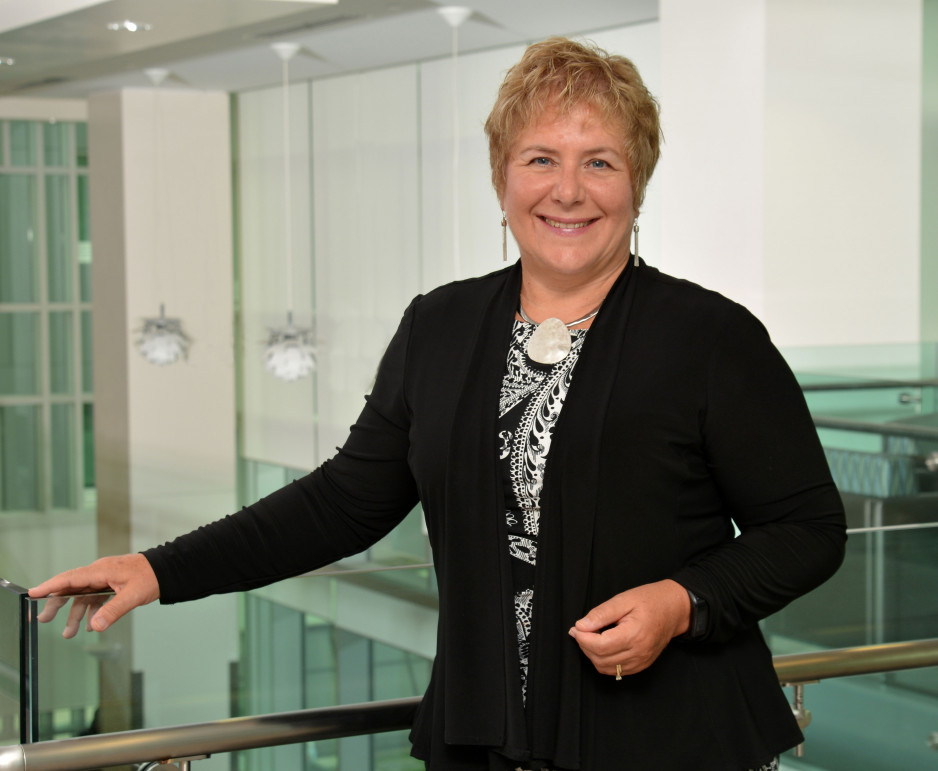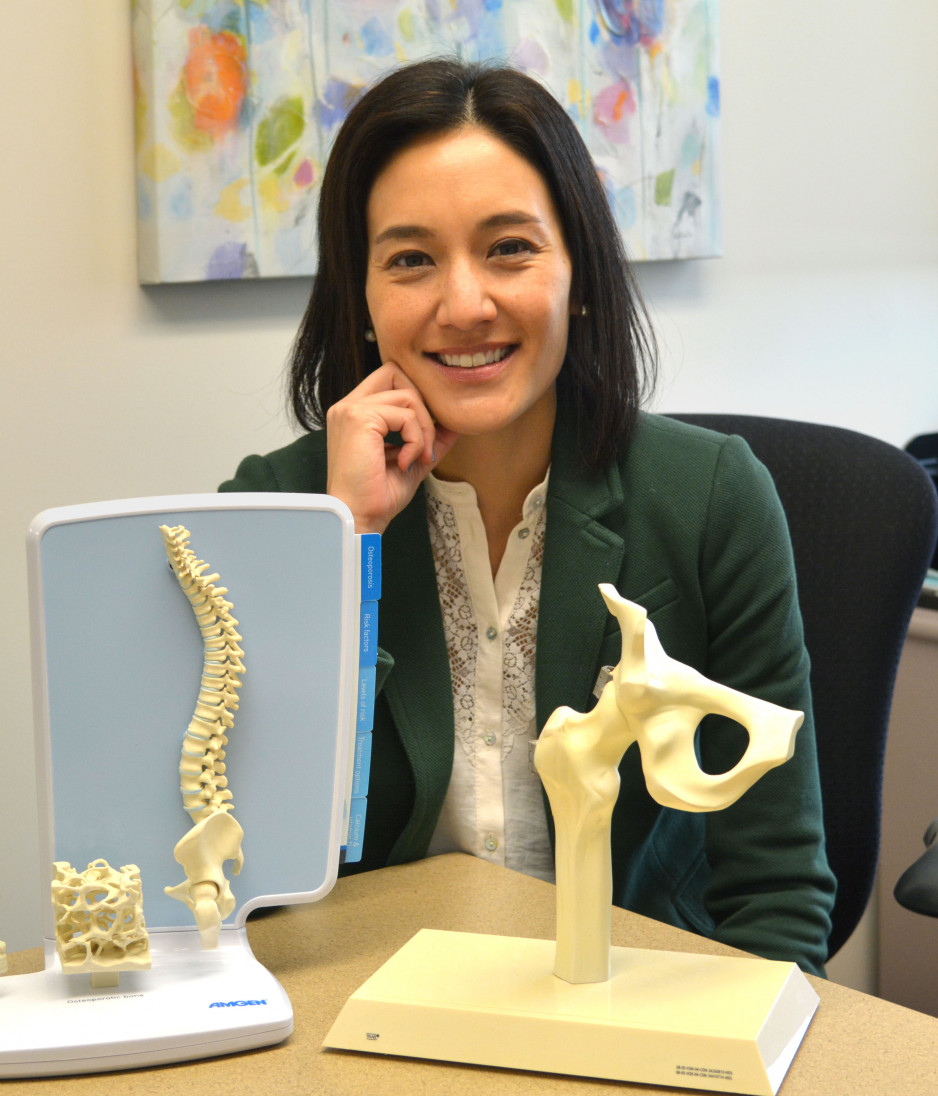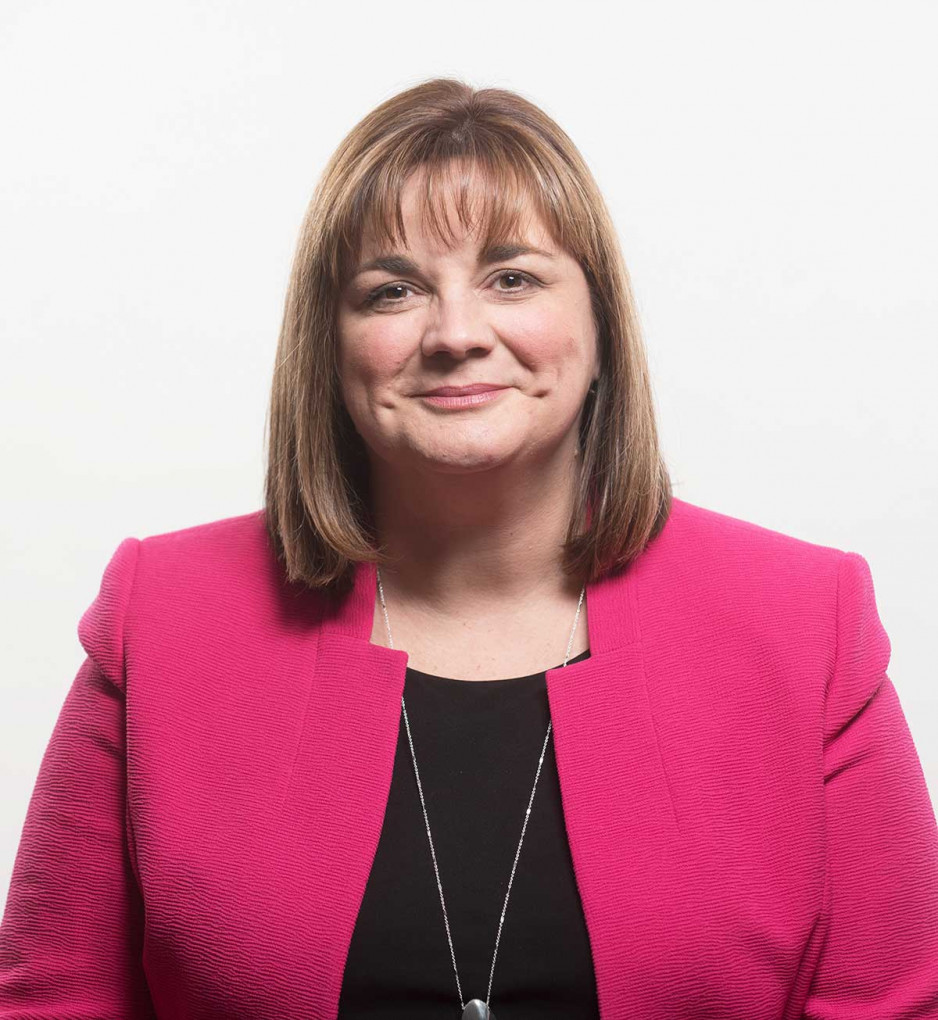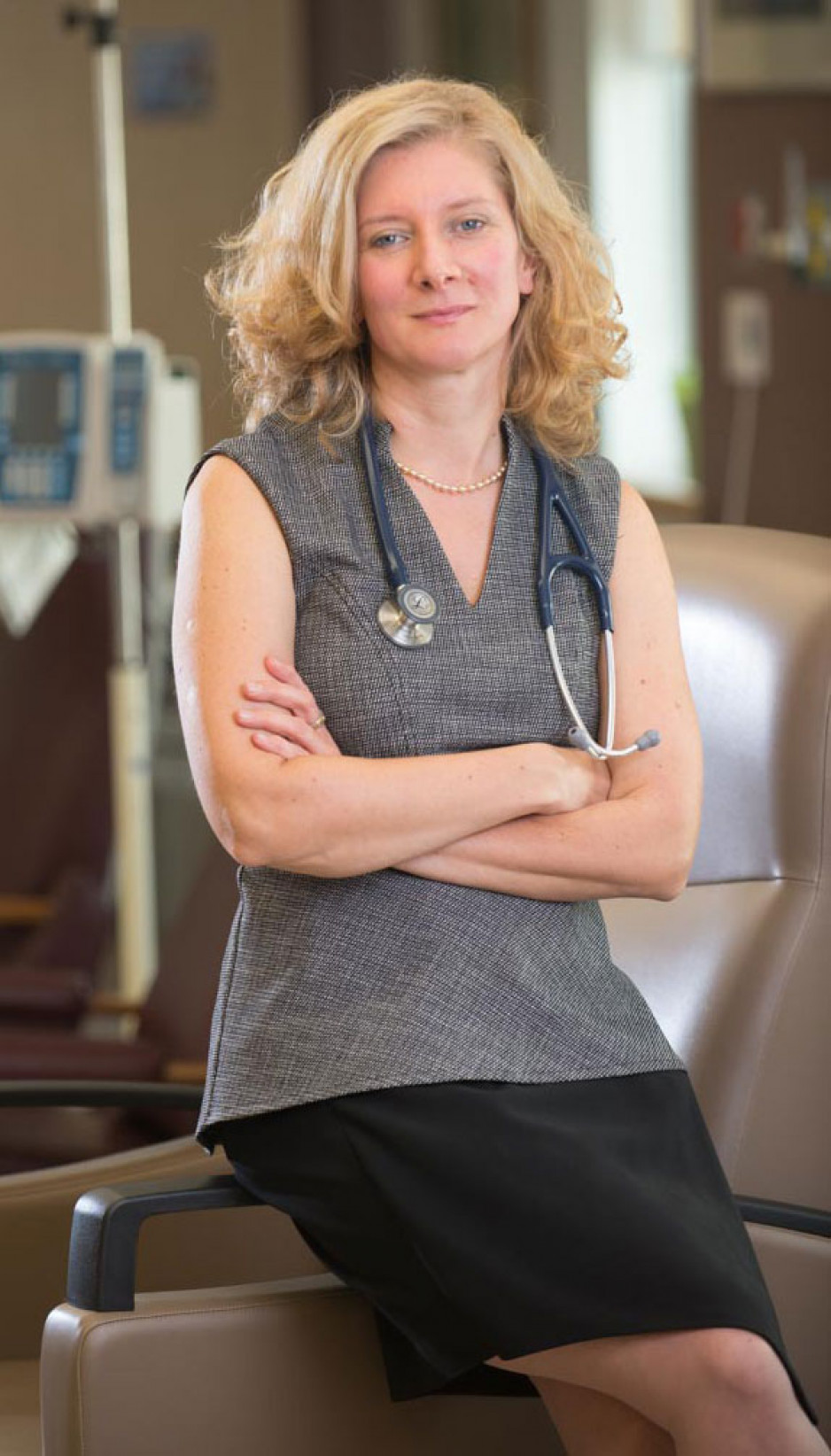The changing face of medicine
The face of medicine is changing. Within London’s hospitals, 953 physicians are women - bright minds who make up an impressive 41 per cent of the total physician workforce at St. Joseph’s Health Care London (St. Joseph’s) and London Health Sciences Centre.
Nationally, the percentage of physicians who are women is 43 per cent – and rising – up from only 28 per cent in 2008.
These dedicated women are following in the footsteps of remarkable trailblazers and are, in turn, paving the way for a growing number of young women entering the profession. Among those early pioneers was Dr. Jennie Trout, the first woman licensed to practice medicine in Canada. Born April 21, 1841, Dr. Trout taught public school until a bout of illness inspired her to pursue a career in medicine. As Canadian medical schools did not accept female students at the time, she attended the Women’s Medical College of Pennsylvania, graduating in 1875. She returned to Toronto, where she obtained her medical license on March 11, 1875, and opened her own practice, including a free dispensary for patients in financial need.
In honour of Dr. Trout, who advocated tirelessly for medical education for women, March 11 has been declared Canadian Women Physicians Day with 2021 the inaugural year for the celebration.
Today, St. Joseph’s celebrates its women physicians – their achievements, drive, compassion, commitment to excellence, and the vital role they play in care, teaching and research. To mark this special day, a few of today’s trailblazers at St. Joseph’s share their thoughts on why they chose medicine, who inspires them, and a message to those who may follow.
Dr. Gillian Kernaghan, President and CEO, St. Joseph’s Health Care London
Why medicine: I chose medicine for the opportunity to provide care and the opportunity to be a life-long learner as it is ever changing.
Inspiration: Early in my career, my inspiration was patients – young and old - who shared life wisdom with me. As a leader, it is other leaders in the health care system and at St. Joseph’s. Across St. Joseph’s, women play a vital role in achieving positive outcomes and experience for residents, patients and their family members. Today we celebrate all they do and for speaking up to help us continuously improve.
To the next generation of women physicians: It is a wonderful profession that provides many opportunities for career paths. Always remember “the why” you chose this wonderful profession, and learn from your patients and colleagues. Be proud to be a woman, and care and lead with your authentic self.
Hope for the future: My hope is that we never lose sight of the importance of people caring for people, enabled by technology and enhanced by positive care environments
Dr. Kristin Clemens, endocrinologist, St. Joseph’s Hospital
Why medicine:
I chose medicine as a career because I wanted to improve the health and well-being of others.
Inspiration:
I'm always inspired by confident, hard-working female physicians who have managed to find work-life balance!
To the next generation of women:
Practicing medicine is not always easy as a woman. During challenging times remember that you are smart and strong, and that you deserve to be here.
Hope for the future:
My hope is that one day women, men, people of all gender identities are considered fully equal in medicine.
Dr. Sandra Northcott, psychiatrist, Parkwood Institute Mental Health Care Building
Why medicine: A few days before my 12th birthday, my father had a kidney transplant in Toronto. His kidney failure was due to a complication from strep throat (post streptococcal glomerulonephritis). As a child it was fascinating to see a young healthy dad become so ill and then recover due to the gift of life from my Uncle Jim. Growing up in Deer Lake, Newfoundland, my parents had to become quite educated about my father’s illness – as did I. My exposure to dialysis and then transplantation cemented for me the desire to be a physician. As a clinical clerk I was privileged to work with Dr. Best, the urologist who had first diagnosed my dad and connected him with the transplant team in Toronto. Of note my dad is now 40 years post-transplant and excited to receive his COVID vaccine next week.
Inspiration: I am inspired by psychiatrist Dr. Sandra Fisman, who was instrumental in the development of the Child and Adolescent Psychiatry subspecialty designation nationally and provides care to children and adolescents at both Parkwood Institute and London Health Sciences Centre. I worked with Dr. Fisman when I was a resident and a new mom. She was so incredibly supportive and flexible. One experience I will never forget is providing care for a teenager who was often challenging and at times disruptive on the unit. I was frustrated as the young woman often rejected our suggestions and would get so angry. One day, as I was expressing my frustration, Dr. Fisman looked at me and said, “That young woman is both troubling and troubled. If we treat the first, we will reduce the second.” It was relevant not only for disruptive patients but others in our lives. When one sees concerning behaviours you start by asking, “Are you OK? What is going on? How can I help?”
To the next generation of women physicians: There is a great article I often recommend to younger physicians, “Why Women Still Can’t Have It All” by Anne-Marie Slaughter. It challenges the half-truths we tell ourselves about being a successful professional and family person (parent, partner or child). No one person can do it all and that is absolutely OK. More importantly, your priorities will change over time. There are two pieces of advice I give younger female doctors. One is, do not be afraid to put your name forward for leadership opportunities. The second is to counter the language often used to describe women, even how we describe ourselves. If you say it long enough you will hear it repeated back to you and not in the way you may have intended. I previously used descriptors like “passionate, determined (bossy) and painfully honest when needed” to describe myself, and I absolutely am! However, now when asked, I tell people I am “engaged, committed, dependable and authentic.” All true but which one would you choose to lead?
Dr. Tamara Spaic, endocrinologist, St. Joseph’s Hospital
Inspiration: I am most inspired by my daughters who I sometimes only get to see for a bedtime kiss. They are very proud of their mom being a physician, so much so they wish to be doctors, scientists, leaders and moms themselves. The only way I am able to be a role model for them is with the support and inspiration of other women in medicine, starting with amazing women and leaders in my own Division of Endocrinology, a fantastic group of women physicians in London, and Canadian women in medicine and beyond.



